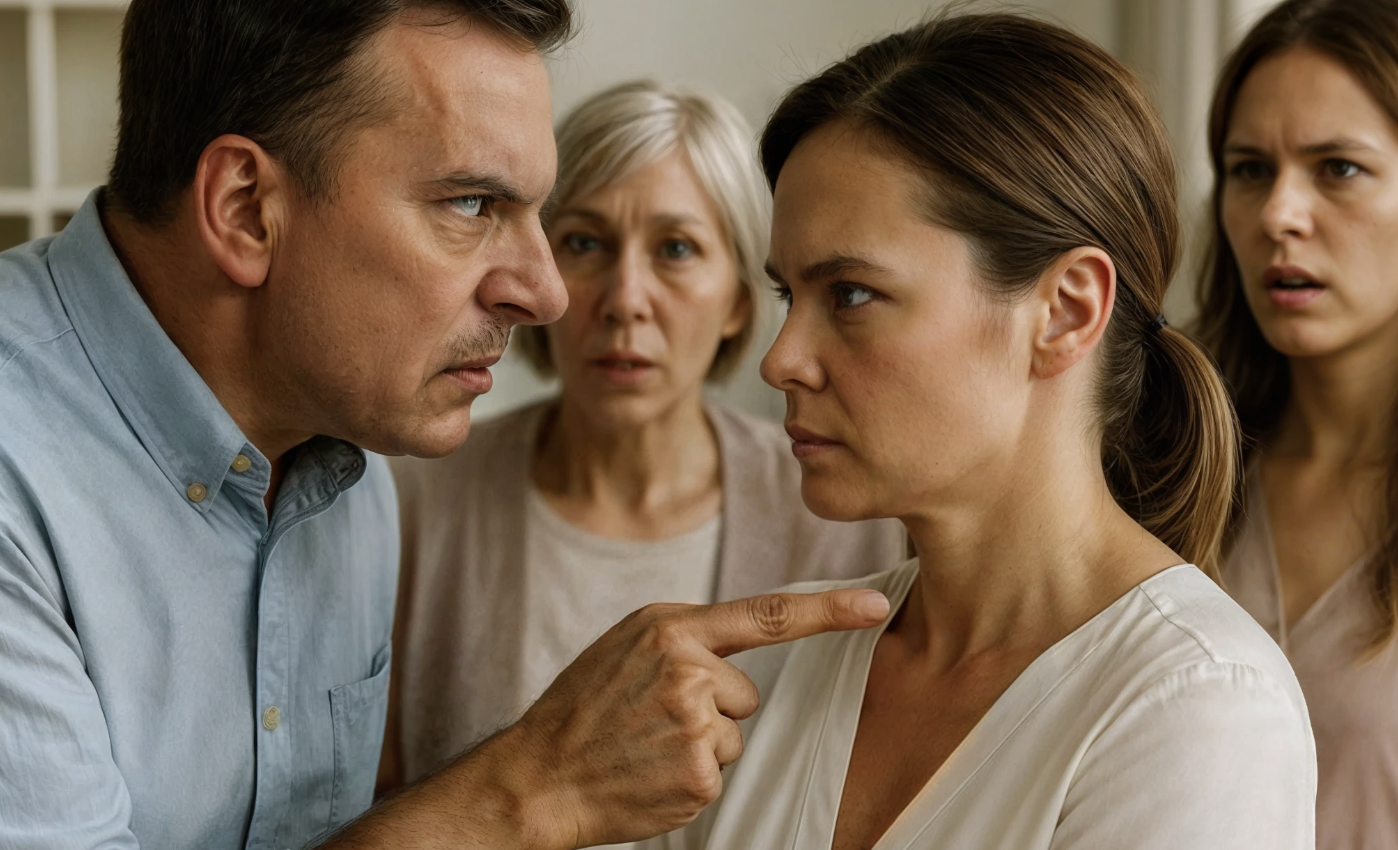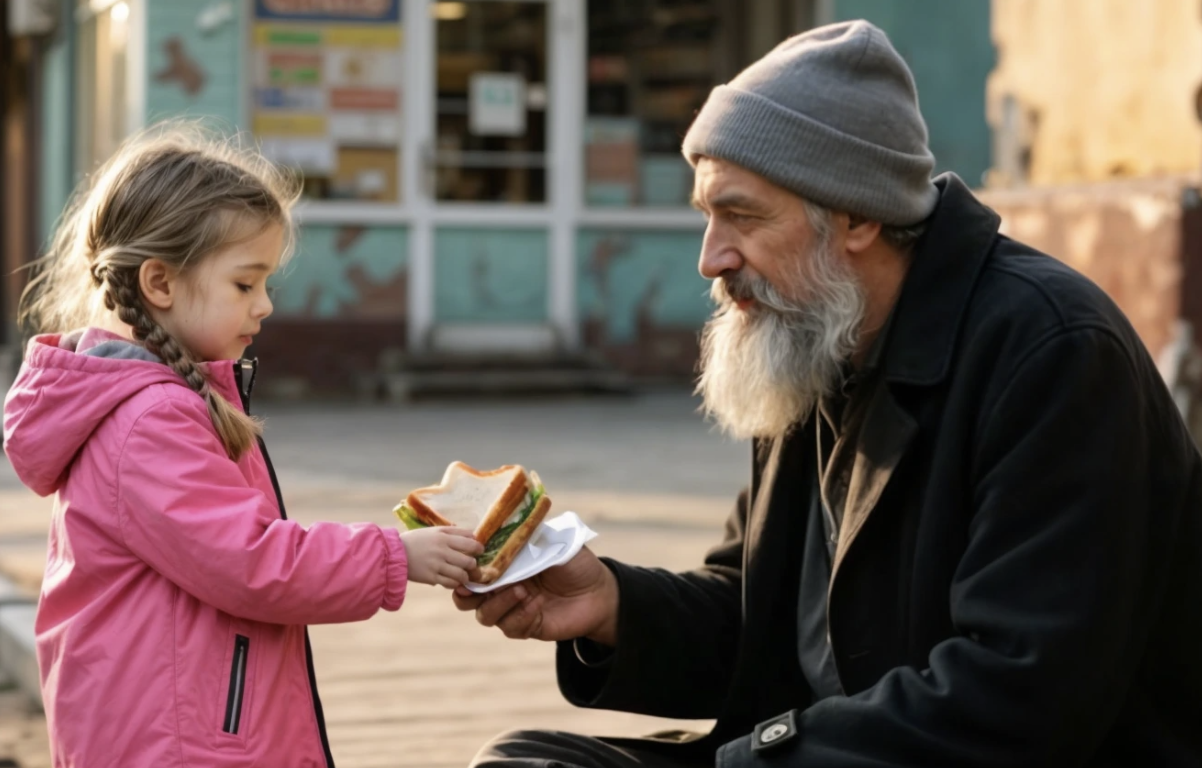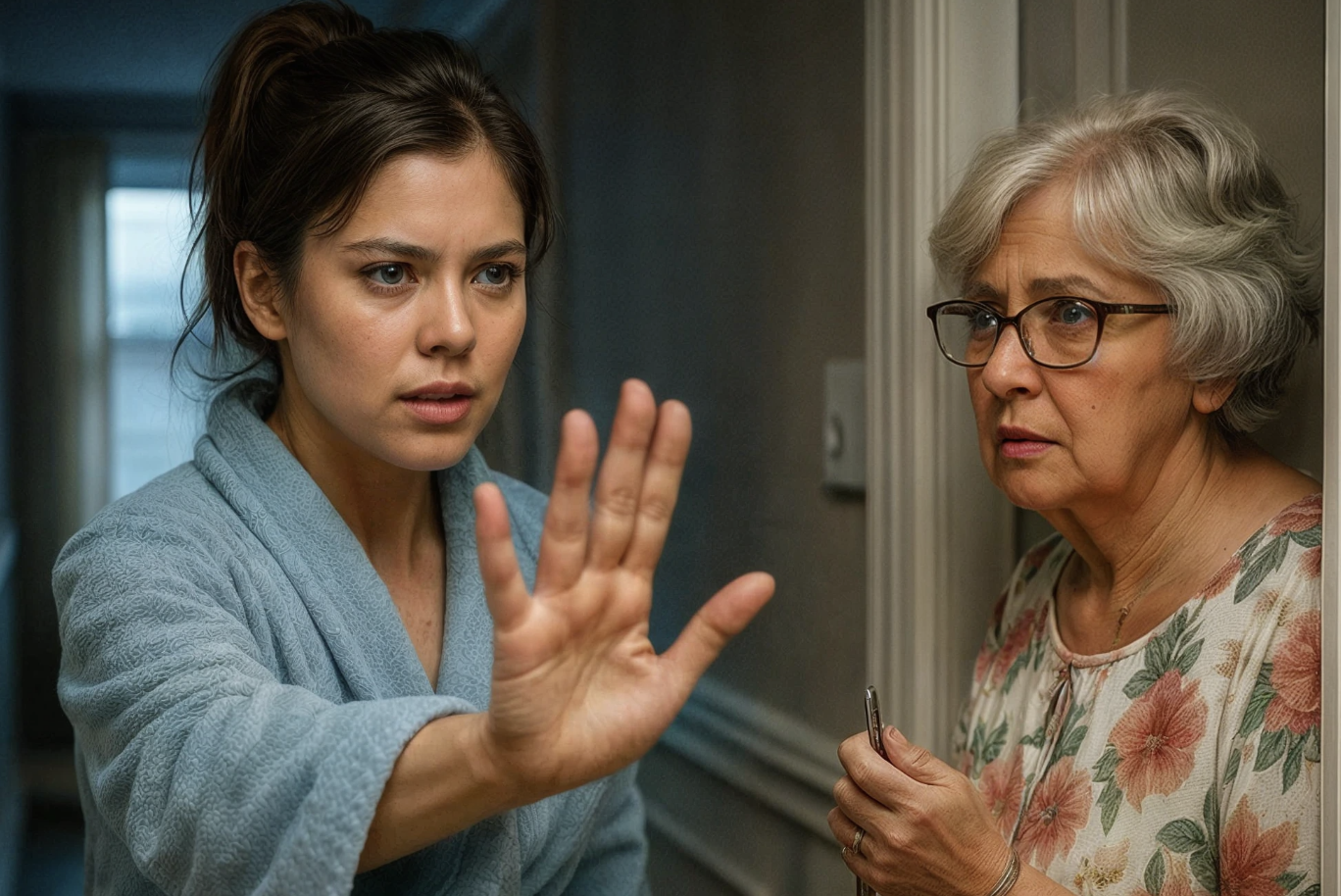“Shut up! Masha, you’d better not make me angry, or you’ll get it! My mother and my sister need a car—and you’re going to buy it!” her husband hissed.
Shut up! Masha, you’d better not make me angry, or you’ll get it! My mom and my sister need a car, and you’re going to buy it!” her husband hissed. Kirill’s words hung in the kitchen air like a poisonous cloud. Masha stood at the stove with her back to him and felt something inside … Read more









